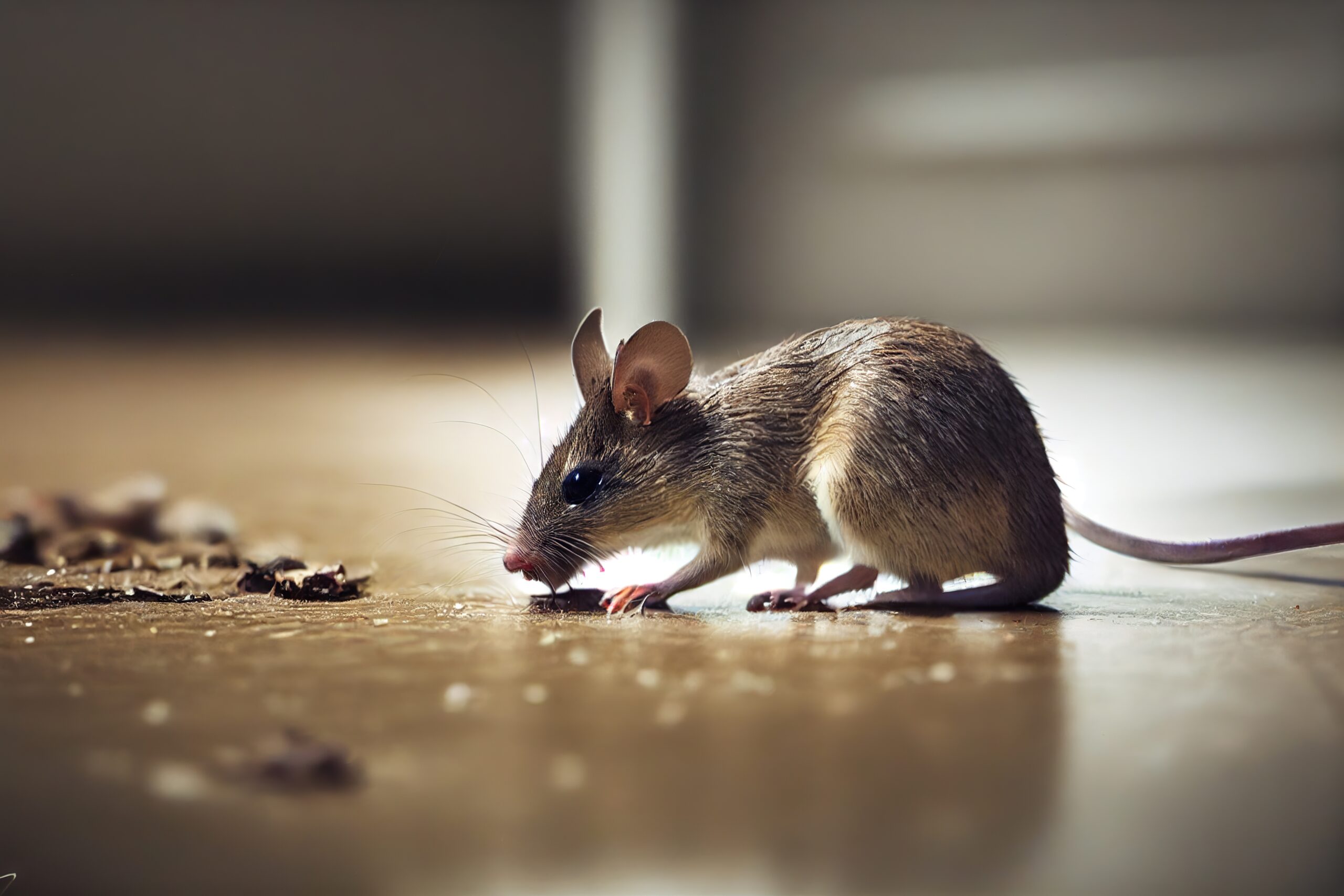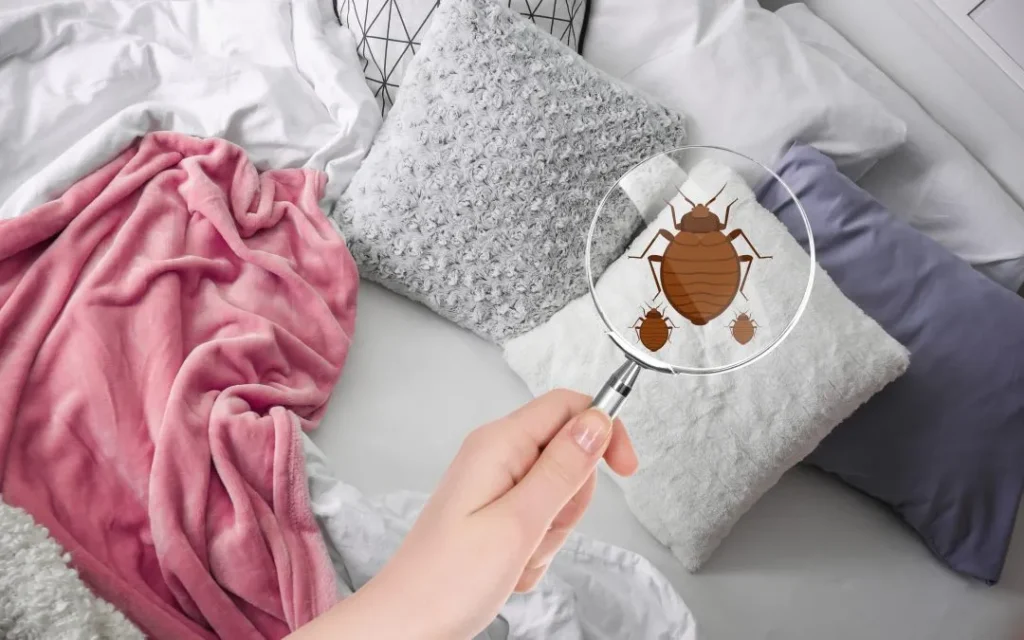Dealing with pests in the home can be a frustrating and unpleasant experience. Mice, in particular, can cause damage to property and pose health risks to homeowners. To protect your home from these unwanted visitors, effective pest control for mice is paramount. They can find entry points that may go unnoticed, making it essential to adopt a proactive approach to preventing and managing infestations.
This blog will provide easy and practical ways to keep them out of your home, ensuring a pest-free and safe living environment.
Effective Techniques for Mice Prevention And Removal
Ensuring your home is mice-free involves a combination of preventive measures and effective removal techniques.
Preventive Techniques
Seal Entry Points
Conduct a thorough inspection of your home for potential entry points. Seal cracks, gaps, and holes in walls, floors, and foundations with weather-stripping, caulk, or steel wool to prevent them from squeezing through.
Secure Food Storage
Store food in airtight containers made of glass or plastic. They are adept at gnawing through cardboard and plastic bags, so opt for more resilient materials.
Proper Waste Management
Keep garbage bins tightly sealed to deny mice easy access to food sources. Regularly dispose of trash and maintain a clean environment to reduce the attractiveness of your home to rodents.
Trim Vegetation
Trim bushes and trees near your home, as these can serve as potential entry points for mice. Keeping vegetation away from the exterior helps eliminate hiding spots and access points.
Pet Food Management
If you have pets, avoid leaving their food out overnight. Store pet food in sealed containers, and clean up any spills promptly to remove potential attractants.
Regular Cleaning
Regularly clean and declutter your living spaces. They thrive in hidden, cluttered areas, so maintaining a tidy home reduces their potential hiding spots.
Removal Techniques
Snap Traps
Traditional snap traps are effective and humane when used correctly. Place them along walls and in areas where mice are active, using bait such as peanut butter or chocolate to lure them.
Live Traps
Live traps allow you to capture them without harming them. Once caught, release them far from your home. Check traps regularly to prevent unnecessary stress on the captured mice.
Electronic Repellents
Electronic devices emit ultrasonic sound waves that are unpleasant for mice but generally inaudible to humans. While their effectiveness is debated, some people find them helpful as part of an integrated pest management plan.
Natural Deterrents
Certain scents, like peppermint oil, are believed to repel mice. Soak cotton balls in peppermint oil and place them strategically around your home. Keep in mind that while this may deter mice, it might not be a foolproof solution.
Professional Pest Control
If the infestation persists or is severe, consider hiring a professional pest control service. They have the expertise and tools to address the issue effectively and may offer ongoing preventive measures. Selecting the best pest control for mice ensures a comprehensive and effective approach.
Hygiene and Sanitation
Thoroughly clean areas affected by mice, paying special attention to droppings and urine. Use gloves and disinfect the area to minimize the health risks associated with mouse-related contaminants.
Risks Associated with a Mice Infestation in Your Home
Mice infestations can pose several risks to your home and your family’s health. Here are some of the risks associated with them in your home:
Structural damage
They have sharp teeth that constantly grow, leading them to bite on various materials to keep their teeth in check. This can result in damage to walls, electrical wiring, insulation, and even wooden furniture.
Contamination
These are known carriers of bacteria, viruses, and parasites that can contaminate your living spaces. Their droppings, urine, and hair can spread harmful pathogens throughout your home, increasing the risk of infections and diseases. Common diseases associated with mouse infestations include salmonellosis, hantavirus, and leptospirosis.
Allergies and asthma
The urine and feces of mice contain allergens that can trigger allergies and asthma attacks, particularly in individuals who are already sensitized to these substances. The presence of mice can worsen existing respiratory conditions and make it difficult for individuals to breathe properly.
Fire hazards
They tend to chew on electrical wires, which can lead to exposed wiring and short circuits. This poses a significant fire hazard and can result in costly damage to your home or even endanger the lives of you and your family.
Food contamination
Mice are notorious for invading pantries and cabinets in search of food. Once they find their way into your food storage areas, they can contaminate your food with their droppings, urine, and hair. Consuming such contaminated food can lead to food poisoning and other illnesses.
Common Signs of a Mice Infestation in Your Home
Mice infestations in homes can have serious consequences, from property damage to health risks. It is important to be aware of the common signs of an infestation to take prompt action if you suspect a problem.
- One of the most evident signs of a mice infestation is the presence of droppings. Their droppings are small, pellet-shaped, and typically dark in color. You may find them in areas where they are active, such as near food sources or along walls and baseboards.
- Another indication of an infestation is the presence of mice nests. They build nests using materials such as paper, fabric, or insulation. These nests are often found in hidden, secluded areas such as attics, crawl spaces, or behind furniture.
- Unexplained gnaw marks on various objects or surfaces in your home can also be a sign of a mice infestation. Look for chewed wires, furniture, or even holes in walls.
- Hearing scratching or scampering noises at night can be an indication that mice are present in your home.
- Finally, if you notice a distinct musty smell in certain areas of your home, it could be due to the presence of mice. They have a distinct odor that can be particularly strong in enclosed spaces where they nest.
If you notice any of these signs in your home, it is essential to take action promptly.
Conclusion
There are several simple and effective measures you can take to protect your home from mice. By sealing all entry points, you can greatly reduce the likelihood of a mice infestation. Ensure that vents and chimneys are adequately screened, leaving no room for mice to find their way into your living spaces.
However, if you find yourself dealing with a persistent mice problem, consider Rice’s Termite and Pest Control’s professional pest control services for your homes. We have the expertise and tools to effectively exterminate and prevent mice from entering your home. Don’t wait until it’s too late; contact us now to keep your home mice-free.





